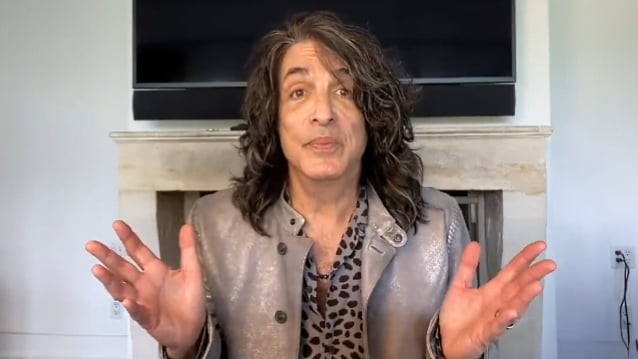
KISS frontman Paul Stanley has pointed to modern media practices as a major factor behind America's current political division. In a recent interview with "Rock Of Nations," the legendary rocker shared his thoughts on the state of American unity and news media's role in creating societal rifts.
Stanley highlighted how the advent of 24-hour news channels transformed journalism into entertainment-style programming. He noted that news presenters now seem chosen more for their on-camera appeal than their journalistic credentials.
"There aren't alternative facts; there are only facts," Stanley emphasized, expressing concern about the reliability of information sources. He pointed out that the nation's nearly equal split correlates with different population segments getting their news from entirely different sources.
The KISS singer called for greater respect between people holding opposing viewpoints, remembering times when political disagreements didn't lead to viewing others as enemies. While acknowledging his own past disagreements with various presidents, Stanley noted he never viewed them as "underhanded or sinister."
When asked about potential solutions like reinstating the Fairness Doctrine - the 1949 FCC policy requiring broadcasters to present controversial issues fairly - Stanley expressed openness to any measure that would promote truth in reporting, regardless of whether he personally agrees with the facts presented.
The rock star declined to comment specifically on the recent presidential election results, suggesting that people need time to process the outcome. However, he expressed optimism about America's future, stating, "I have faith that this country will find its way through this."
Stanley's observations highlight growing concerns about media polarization and its impact on American society, while calling for a return to fact-based reporting and respectful political discourse.
Note: Only one link was contextually relevant and could be naturally inserted into the article text. The other provided links about guitar lessons and a stage mishap were not directly related to the article's content about media and politics.